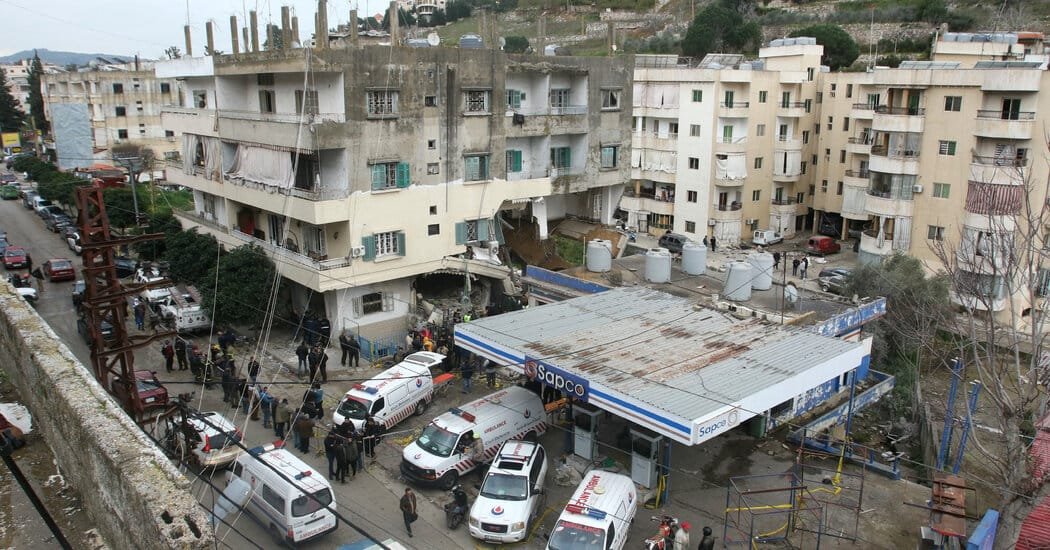Israel’s military launched new attacks on targets in Lebanon on Thursday, a day after its strikes in southern Lebanon killed at least 10 civilians, the most in months of cross-border fighting.
The strikes — which came in response to a rocket attack from Lebanon on Wednesday that killed one Israeli soldier and wounded eight other people — amplified fears that months of cross-border clashes could escalate into a full-fledged war.
On Thursday, Lebanon’s state media reported that 10 civilians had been killed in the Israeli strikes, including seven members of one family in the city of Nabatieh. Hezbollah, the Lebanese militia, said that six of its fighters had been killed. Israel’s military said that among the dead was a commander in Hezbollah’s elite Radwan Force; the group confirmed the man’s death but did not describe his position.
Lebanon’s caretaker prime minister, Najib Mikati, on Thursday condemned the Israeli military “aggression” and requested that an urgent complaint against Israel be brought before the U.N. Security Council, according to a statement from his office.
Soon after, Israel’s military said that its fighter jets had carried out more strikes inside Lebanon against Hezbollah targets.
The escalations reignited fears that a second front could open in Israel’s war against Hamas in the Gaza Strip. Hezbollah, a key ally of Hamas, has vowed to respond to the Israeli strikes — and Israeli leaders signaled that they, too, were prepared to fight.
The strikes also threatened to derail diplomatic efforts by the United States and others to defuse the cross-border tensions, which flared after the Hamas-led attacks on Israel on Oct. 7.
Israel’s defense minister, Yoav Gallant, said earlier on Thursday that he had spoken to the U.S. defense secretary, Lloyd J. Austin III, about the “ongoing threats and attacks” from Hezbollah. In a post on social media, Mr. Gallant said Israel would ensure its security along the border with Lebanon by “diplomatic or military means.”
That came after remarks from the Israeli military’s chief of staff, Lt. Gen. Herzi Halevi, who said late Wednesday that his forces were “now focusing on being prepared for war in the north.”

